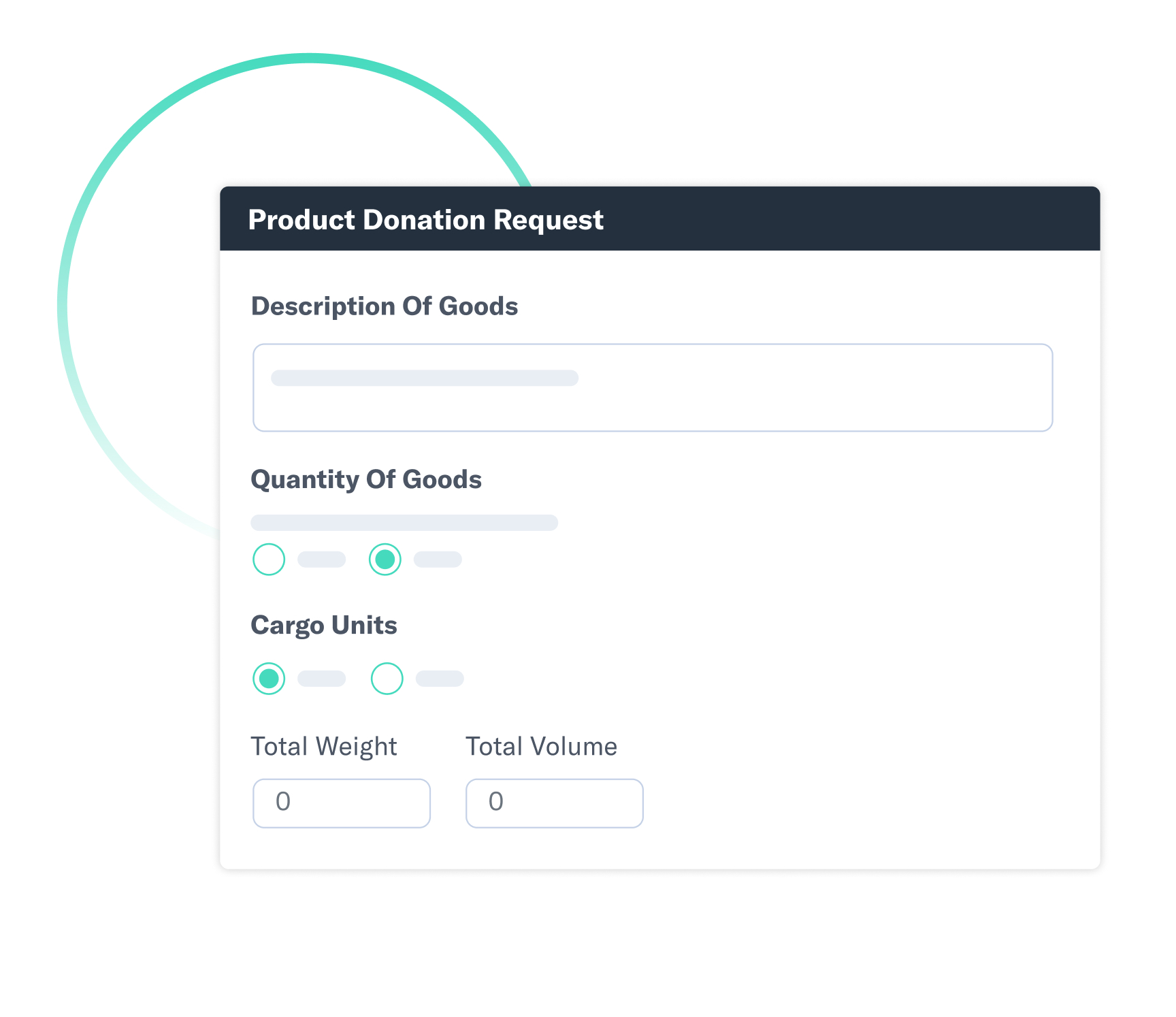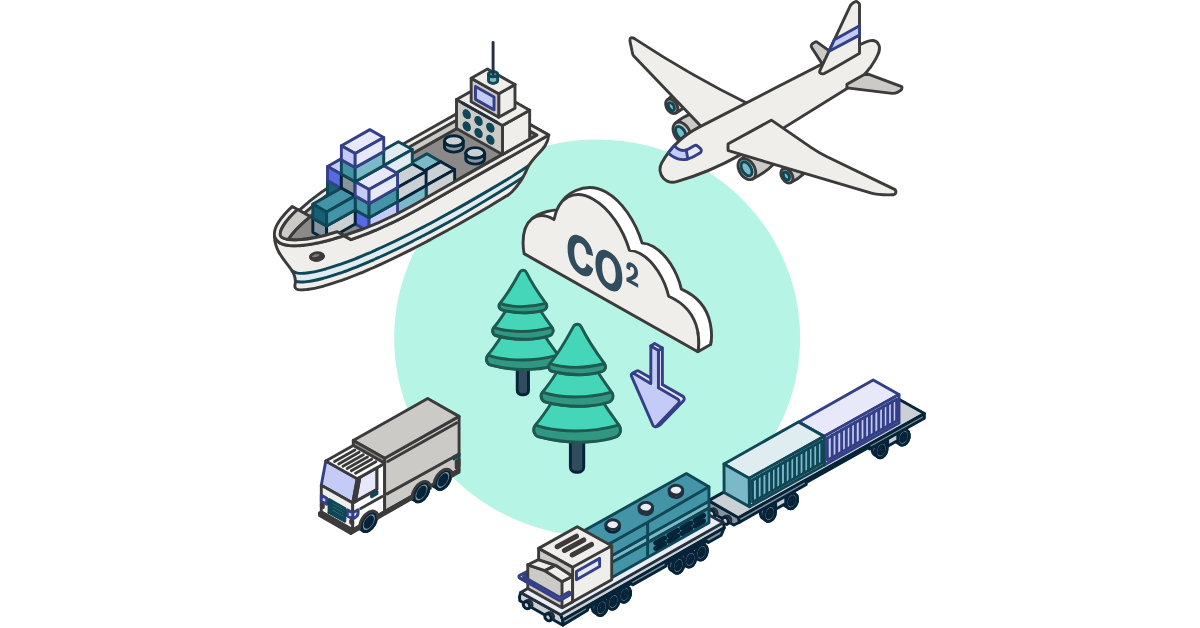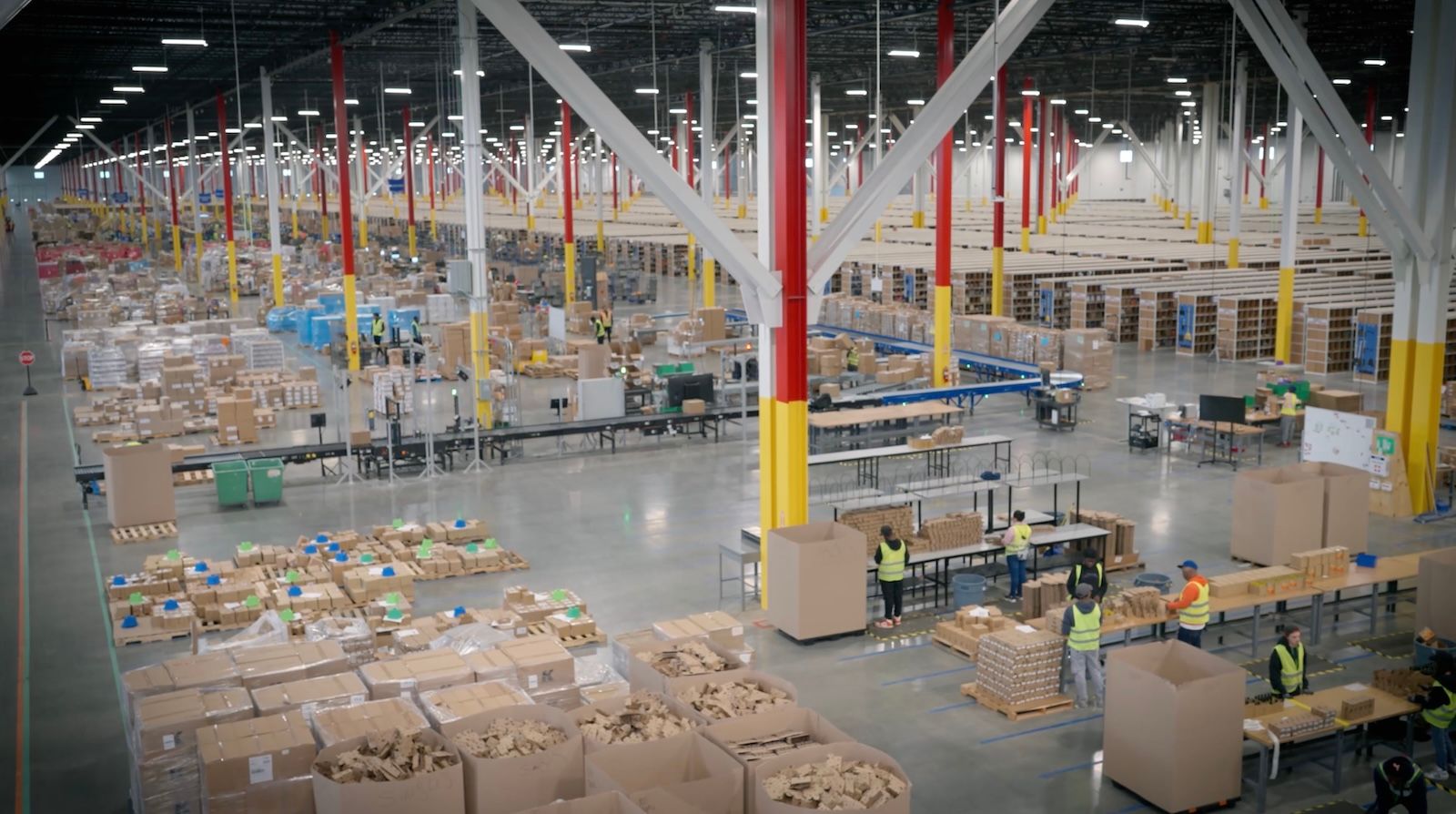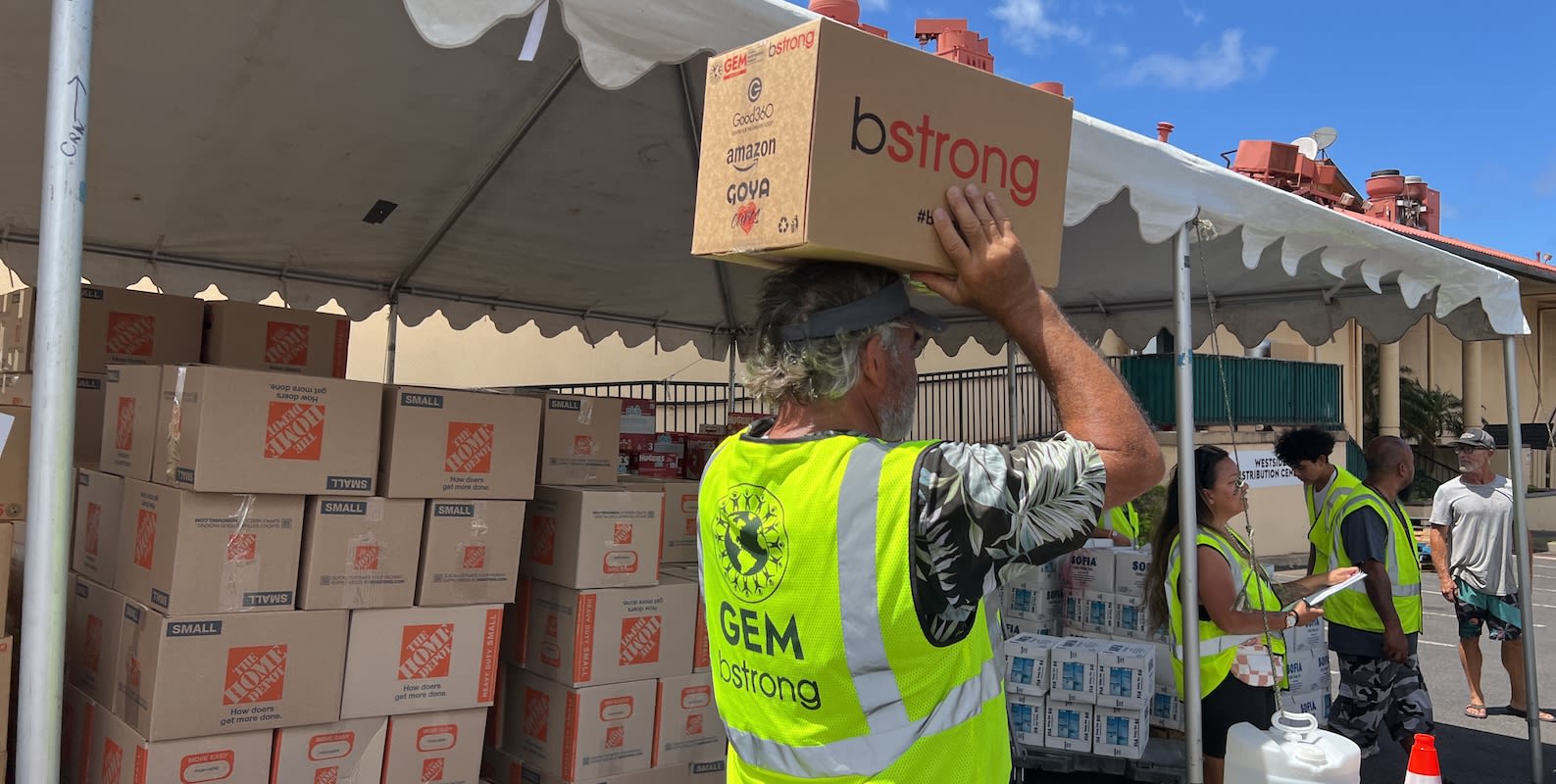
March 29, 2024
How Product Donations Reduce Waste and Contribute to a Circular Economy
Tags:
How Product Donations Reduce Waste and Contribute to a Circular Economy

International Day of Zero Waste is on March 30, a United Nations (UN) day established in 2022 to raise awareness about the global waste crisis. As the UN notes, “Households, small businesses and public service providers generate between 2.1 and 2.3 billion tons of municipal solid waste every year – from packaging and electronics to plastics and food.”
Flexport.org is the dedicated sustainability and impact team within Flexport that enables organizations to deliver humanitarian aid, disaster relief, and development shipments where they are needed most. As a team of supply chain experts, we have a unique perspective on where and how supply chains produce waste, and where there are opportunities to minimize the negative impact of moving goods around the world.
Within supply chains, waste is generated when items are damaged in-transit or while being warehoused, if they aren’t ever purchased by a consumer, or if they are returned and unsellable. Often, these items are sent to a landfill, despite being in usable condition because companies simply don’t know there are nonprofits that could put the products to good use, or don’t know how to find them.
Donating this excess inventory not only reduces waste, but can also be of huge benefit to cash-strapped nonprofits.
The Flexport.org Solution
As part of Flexport.org’s efforts to minimize supply chain waste, we offer a Product Donations program that provides a unique opportunity to match commercial items with nonprofit organizations who have an urgent or immediate need for the items. When companies have excess, overstock, or returned items that are in good condition but cannot be sold to consumers due to defects or other internal company standards, they can indicate their willingness to ‘donate’ that item. Flexport.org then matches that donation with a nonprofit, who can get them into the hands of people in need. These donations allow businesses to avoid putting products in landfill and contribute to the circular economy.

“At Flexport.org, we have strong relationships with nonprofit organizations that ship commodities to people and places in need around the world,” said Courtney Katasak, Global Aid Account Manager, Flexport.org. “Outside of the impact team, our commercial business is made up of a broad array of companies who often have the items that people need. This puts us in the unique position to find and help facilitate the movement of those items from our commercial clients to our nonprofit partners. And when we make that match, we discount all freight costs."
Product donations can be a win-win scenario.
For nonprofits, donations can reduce the budget needed to spend on procurement of items and reallocate that funding accordingly.
Flexport.org’s broad network of nonprofit organizations allows us to find organizations in need, and assist in establishing an ongoing donation program so that items can be donated at a regular cadence. This form of circularity eliminates the need to find a nonprofit recipient for each donation, and allows for the nonprofit to forecast on what items they’ll receive. Product donors may also be eligible to receive duty drawbacks if their cargo is exported out of the U.S.
“The program offers businesses a great opportunity to make a dual impact, reducing their waste while also supporting nonprofits. For companies trying to scale their corporate social responsibility efforts, it’s a great way to help address two issues at once,” said Katasak.
Flexport customers who are interested in donating items can get started by submitting product information in the Sustainability Dashboard.
About the Author








